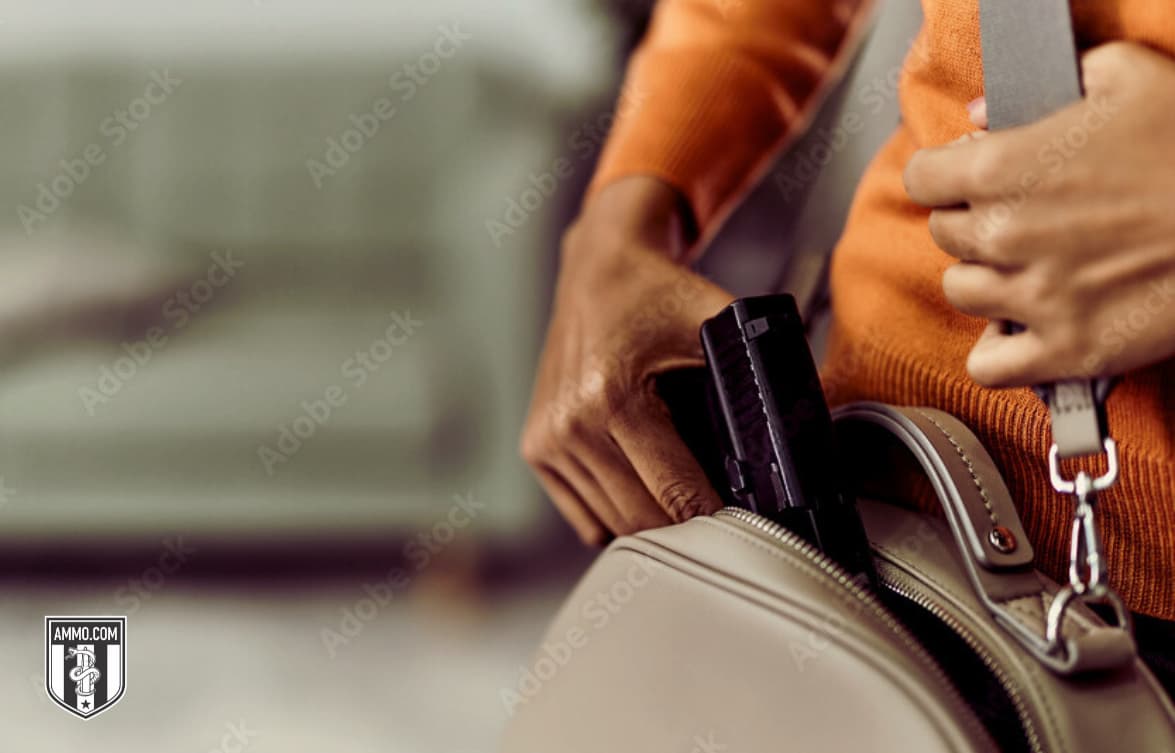One of the most challenging aspects of aging is accepting the fact that we can no longer do everything we once could. Our minds may remain sharp and capable, but our strength, reaction time, and perception may not be what they once were, and that’s okay.
Whether you’re exploring self-defense options for yourself or helping a loved one stay safe and independent, this guide is here to help!
The following sections will help you select the best self-defense tools for seniors, regardless of prior knowledge or experience.
What to Look for in a Weapon for Seniors
There’s no shortage of self-defense tools for senior citizens. While that’s a good thing, selecting the right one can quickly become overwhelming.
Before diving into our recommendations, let’s walk through the benefits and drawbacks of lethal and non-lethal weapons, so you can make an informed decision about which works better for you:
Lethal Versus Non-Lethal
-
Lethal - These weapons, such as firearms, are designed to permanently stop a threat (often from a safe distance). They offer strong defensive power, but also require training, maintenance, and legal awareness.
-
Non-Lethal - These tools, such as tasers, pepper spray, and personal alarms, are designed to deter and/or temporarily incapacitate an attacker. They’re easier to carry, obtain, and maintain, but generally aren’t as effective as lethal weapons.
Lethal Weapons - What to Look For
Armed with industry professionals’ insights that we use to guide buyers every day, choosing the right handgun for seniors becomes much easier. Here are critical factors to consider when selecting a lethal weapon:
-
Accessibility - Is this firearm and its ammo obtainable?
-
Low Recoil - Will this gun’s recoil be manageable and comfortable for your strength and joints?
-
Light Trigger Pull - Can you comfortably squeeze the trigger without losing accuracy or control?
-
Maintenance - Is it realistic to clean and maintain your firearm without excessive strain or difficulty?
Non-Lethal Weapons: What to Look For
If a firearm isn’t right for you or your loved one, then a non-lethal weapon may offer protection without forfeiting the user’s safety and comfort. Here are a few things to consider before selecting one:
-
Effectiveness - Will this tool reliably deter or temporarily incapacitate a threat, giving you time to get to safety?
-
Maintenance - Does the weapon function without regular upkeep, such as charging batteries or replacing outdated pepper spray cartridges?
-
Usability - Is the device practical, easy to operate under stress, and suited to equalize the force of an attacker?
Best Weapons for Seniors for Self-Defense
We’ll shoot straight here: The best weapon for self-defense is the weapon you feel comfortable and confident using, carrying, and maintaining.
Becoming proficient with your chosen weapon will take time, effort, and practice. Fortunately, we can save you time by narrowing down which weapons will suit your unique needs.
Best Gun for the Elderly
“God created men, Col. Colt made them equal.” The old adage rings just as true now as it did back when the inventor of the revolver coined it. Guns are the great equalizer: relatively easy to use, and indisputably effective at neutralizing even the most determined threat to your safety.
Using the rubric above, we’ve narrowed down the best guns with the latest technology, plus some of our classic favorites.
Continue reading Arming the Elderly: A Self-Defense Guide for Senior Citizens on Ammo.com
